Tax season can be a stressful time for many business owners. The thought of owing money to the IRS is enough to make anyone anxious. However, with proper tax planning, you can significantly reduce the amount of taxes you owe. This blog post will guide you through several strategies that can help you minimize your tax liability.
Understanding Tax Planning
Tax planning is the process of analyzing your financial situation from a tax perspective. The goal is to ensure tax efficiency by legally reducing your taxable income and maximizing deductions and credits. Effective tax planning involves making strategic decisions throughout the year, not just during tax season.
Maximize Retirement Contributions
One of the most effective ways to reduce your taxable income is by contributing to retirement accounts such as a 401(k) or an IRA. These contributions are often tax-deductible, meaning they lower your taxable income for the year.

401(k) Contributions
For 2023, the maximum contribution limit for a 401(k) plan is $22,500 if you’re under 50 years old and $30,000 if you’re 50 or older. By contributing the maximum amount, you can significantly reduce your taxable income.
IRA Contributions
Similarly, contributions to a Traditional IRA are also tax-deductible. For 2023, the contribution limit for an IRA is $6,500 if you’re under 50 and $7,500 if you’re 50 or older.
Take Advantage of Tax Credits
Tax credits directly reduce the amount of taxes you owe and are more beneficial than deductions in many cases. Here are some common tax credits that you may be eligible for:
Earned Income Tax Credit (EITC)
The EITC is designed for low-to-moderate-income earners and can provide substantial savings. The amount of credit varies depending on your income level and number of dependents.
Child Tax Credit
If you have children under the age of 17, you may qualify for the Child Tax Credit. For 2023, this credit can be worth up to $2,000 per qualifying child.
Education Credits
The American Opportunity Tax Credit (AOTC) and Lifetime Learning Credit (LLC) are available for those paying higher education expenses. These credits can help offset tuition costs and other educational expenses.

Itemize Deductions When Beneficial
While taking the standard deduction is simpler, itemizing deductions can sometimes result in greater tax savings. Common itemized deductions include:
- Mortgage Interest: Interest paid on home loans.
- Charitable Contributions: Donations made to qualified organizations.
- Medical Expenses: Out-of-pocket medical expenses exceeding a certain percentage of your adjusted gross income (AGI).
Utilize Health Savings Accounts (HSAs)
Health Savings Accounts (HSAs) offer triple tax benefits: contributions are tax-deductible, earnings grow tax-free, and withdrawals for qualified medical expenses are also tax-free. For 2023, individuals can contribute up to $3,850 and families up to $7,750 into an HSA.
Consider Tax-Loss Harvesting
If you have investments in taxable accounts that have lost value, consider selling them before year-end to offset gains from other investments. This strategy is known as tax-loss harvesting and can help reduce your overall taxable income.
Review Your Withholding
Ensure that you’re having enough taxes withheld from your paycheck throughout the year by reviewing Form W-4 with your employer. Under-withholding could result in owing money at tax time plus potential penalties.
Leverage Business Deductions If Self-Employed
If you’re self-employed or own a small business, there are numerous deductions available that can lower your taxable income:
- Home Office Deduction: Deduct expenses related to maintaining a home office.
- Business Expenses: Deduct costs associated with running your business such as supplies, travel expenses, and advertising.
- Qualified Business Income Deduction: This allows eligible self-employed individuals and small business owners to deduct up to 20% of their qualified business income.
Plan Charitable Giving Strategically
Donating appreciated assets like stocks instead of cash not only provides a charitable deduction but also helps avoid capital gains taxes on those assets’ appreciation.

Consult a Tax Professional
Tax laws are complex and constantly changing; therefore consulting with a certified public accountant (CPA) or another qualified professional ensures that all possible avenues have been explored when it comes down reducing what’s owed come April each year!
In conclusion: Effective tax planning requires proactive measures taken throughout each calendar cycle rather than reactive ones during filing season alone! By maximizing retirement contributions utilizing various credits & deductions along leveraging specific strategies tailored towards individual circumstances – significant reductions within liabilities payable unto IRS become achievable realities!






